No matter where you find yourself on the pharmaceutical supply chain, it’s a sure bet that you will be regulated—and held accountable for any compliance issues. But what if you were held responsible for your trading partners’ issues, too? This is the worst-case scenario for when their licenses expire. But let’s back up for a moment and explain how.
The Drug Supply Chain and Security Act (DSCSA) of 2013 has received most attention around efforts to enhance the traceability of medications up and down the supply chain. However, a lesser discussed piece of the Act established federal standards for licensure. Manufacturers, distributors, repackagers, dispensers, and third-party logistics providers all have their own sets of requirements to maintain their licensing. Among those requirements is to have a system in place to manage their authorized trading partners’ licenses and ensure they are up to date.
To be clear, this doesn’t mean that there is some sort of collective responsibility to make sure everyone is operating within the bounds of the law. But it does mean that if you’re trading with another entity along the supply chain, it is very much your responsibility to ensure that their licensing, at the state and federal level, is current.
It’s not as simple as it sounds.
If it were a matter of each partner having to have one license that you verify at the outset of your trading relationship, it might be easy enough to manage. The FDA maintains a database of all reporting entities, and you can just look it up, right? Well, sure, but licenses vary from state to state, and sometimes from drug to drug. And from drug to drug, it might vary from state to state. Pretty much any entity below the manufacturing level is going to have multiple licenses, and any order they place (or receive) could involve having to validate any number of them.
To cross check these manually is time-consuming and fraught with risk. Sell the wrong drug to the wrong party, even if with the best of intentions and with the assumption that the rules are being followed, and the consequences could be severe—from fines to the possible revocation of the privilege of selling certain medications. The stakes are just a little too high to rely on a pair of human eyes cross-checking license numbers, expiration dates and keeping on top of ever-evolving regulation.
What is the best way to manage pharma licensing?
The issue of licensing is just one of the many scenarios particular to the pharmaceutical industry that necessitates an ERP purpose built for those particularities. Having each license and its expiration date on file for each trading partner within the software opens up the possibility of automated validation for each order, matching medication licenses to items on the order, as well as state licenses to the shipping address—all without human intervention. The impact of this doesn’t just mitigate risk, it makes for an altogether improved experience for both sides of the transaction. Consider a few real-world scenarios that demonstrate how this crucial aspect of purchasing and delivering just becomes another unremarkable part of an efficient process.
- A distributor’s customer service rep enters a new order into the system to ship to a dispenser. Upon attaching that customer to the order, they can immediately see all relevant licenses, including one that is about to expire. Pushing this order through now is OK, but in a week it won’t be. The CSR can take proactive measures, informing the customer about their license’s impending expiration, and flagging their account until a new one is received.
- Imagine this same situation, but in this case the license is already expired. Without the automated experience provided by the ERP, there’s a chance this order will go out the door, anyway. If it does, it opens up both parties to a legal reckoning.
- To prevent stressful moments like this, which need addressing in real time, companies should consider ERPs with real-time reporting dashboards. It would be key for reviewing license expirations for a certain group of partners or customers, or expirations within a certain period of time, for example. This allows them to get ahead of multiple issues at once, reaching out ahead of an order to let customers know their deadline, and what the impact (i.e. what they can and cannot sell) will be upon expiration.
Distributors are especially vulnerable when their customers play fast and loose with licensing. A dispenser may just temporarily lose the ability to carry one class of medication and upset a subset of their customers. That same penalty leveraged against a distributor affects their relationship with every trading partner they sell to. That’s a big loss of business, and it may be more than temporary if it’s severely impacting their customers, too. This is one case where human error is not an acceptable excuse, especially when software exists to prevent this sort of thing from happening in the first place.
For a deeper dive into how distributors can ensure competitive relevance in the
pharmaceutical industry over the next five years, download our exclusive whitepaper:
“Expectations for Managing the Requirements of DSCSA.”

